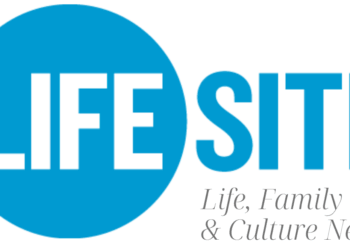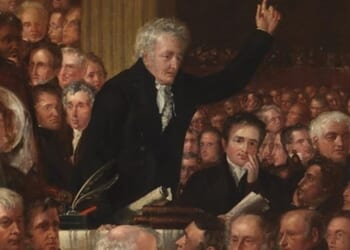I wrote here and here about the federal lawsuit that challenges President Trump’s authority under the International Emergency Economic Powers Act to impose most of his tariffs, including his worldwide “reciprocal” tariffs. The case, V.O.S. Selections, Inc. et al. v. Trump, originated in the Court of International Trade, which held 3-0 that the challenged tariffs were not authorized by Congress. That decision was upheld on a 7-4 vote by the Court of Appeals for the Federal Circuit. The case is now in the Supreme Court, where it will be argued tomorrow. The New York Post covers the Supreme Court proceeding, with assessments from “experts.”
The courts that have ruled against the Trump administration are not composed of partisan, Democratic hacks. These are top-notch judges of both parties who have written thoughtful opinions. I have not done a deep analysis of the legal issues, but reading the decisions, it seemed to me that the judges in the majority, those who have found Trump’s tariffs to be unauthorized, have had the better of the argument. There is no question about the fact that Article I of the Constitution gives control over tariff to Congress. The question is whether the various statutes that have been enacted are broad enough to support the current tariff regime.
Most observers think the case, in the Supreme Court, is too close to call. So far in his second term, Trump has done well in the Court. But those have generally been cases where partisan Democratic judges have issued extraordinary orders, that have been heard by the Supreme Court in a preliminary phase. Basically, the Court has held, a number of times, that the federal courts are not going to take over the running of the Executive Branch while various cases wend their way through the judicial process.
This case is different. We will see here a final ruling on the merits.
One important question is, if the tariffs are held to exceed presidential authority, does the government have to refund the $90 billion it has collected in customs duties? Or is there a way for the Court to make its ruling prospective?
Regardless of how the Court rules, Trump has gotten a lot of benefit from the tariffs he has implemented. They have been the basis for negotiating trade agreements with a number of important countries. If the Court now holds that the tariffs were not authorized by statute, it won’t affect the validity of the trade agreements. It will mean that Trump bluffed, successfully. I think uncertainty over the fate of the tariffs in the Supreme Court has motivated President Trump to conclude as many trade agreements as he can; likely he will try to do some more between tomorrow and when the Court’s decision is announced, likely in June.
In my opinion, the best case scenario might be for the Court to hold, but only prospectively, that the tariffs in question were not authorized. We would be left with a number of favorable trade agreements in place, but without the uncertainty and market volatility that result from the fact that tariffs might be imposed at any time by executive fiat.















